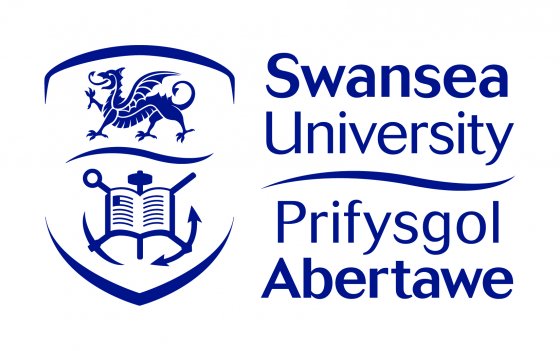CHEMISTRY: FULLY FUNDED EPSRC PHD SCHOLARSHIP: ORGANIC ELECTRONICS - RADICAL MATERIALS AND DEVICES FOR OPTO-SPINTRONICS
Closing date: 17 July 2020
Key Information
Start date: October 2020
Project Supervisors:
- Supervisor 1: Dr Emrys W. Evans (Leverhulme Early Career Fellow, Department of Chemistry, Swansea University from September 2020)
- Supervisor 2: Professor Paul Meredith (Sêr Cymru Research Chair, Department of Physics, Swansea University)
Project description
In this project, the fundamental photo- and spin physics of organic radical materials will be investigated towards molecular-scale electronics and quantum information technologies. Unlike most organic materials which contain all-paired electrons, the radicals’ unpaired electron has a quantum mechanical property called spin which gives rise to magnetism and ‘doublet’ character. We have shown that their spin property can be combined with strong luminescence to make highly efficient organic light-emitting diodes for converting electricity to light: more efficient than non-radical counterparts that have been used to date. By utilising the radicals’ luminescence, spin and magnetic properties, the student will explore novel functionality for combined optoelectronic and spintronic applications, towards opto-spintronics.
Eligibility
Candidates must have a first or upper second class honours undergraduate degree (or equivalent) or a Master’s degree with Merit, in Chemistry, Physics, Materials Science or relevant discipline.
For candidates whose first language is not English, we require IELTS 6.0 (with 5.5 in each component) or equivalent. Please visit our website for a list of acceptable English language tests. We prefer candidates to have already met the English Language requirements at the point of application, although this is not a requirement.
Studentships funded by EPSRC are subject to UK/EU residency eligibility. Normally, this means to be eligible for a full award (fees plus stipend) you must:
- Have been ordinarily resident in the UK, meaning there are no restrictions on how long you can stay, and;
- Have been 'ordinarily resident' in the UK for at least three years prior to the start of the Studentship grant, and;
- Have not been residing in the UK wholly or mainly for the purpose of full-time education. (This does not apply to UK nationals and EU nationals who were ordinarily resident in the EU immediately before the period of full-time education).
For this particular EPSRC opportunity, we are also able to consider your application if you are an EU national who does not meet the residential eligibility criteria outlined above; this is possible through EPSRC’s flexibility regarding ‘open eligibility’.
Funding
This is a three-year fully funded scholarship, which covers UK/EU tuition fees plus an annual stipend set at the minimum UKRI level (currently £15,285 per annum for 2020/21 for full-time students, updated each year).
For more information click "LINK TO ORIGINAL" below.
This opportunity has expired. It was originally published here:
https://www.swansea.ac.uk/postgraduate/scholarships/research/chemistry-epsrc-phd-organic-electronics-2020.php
